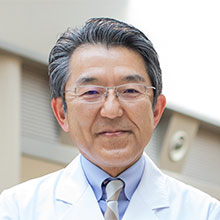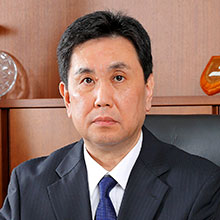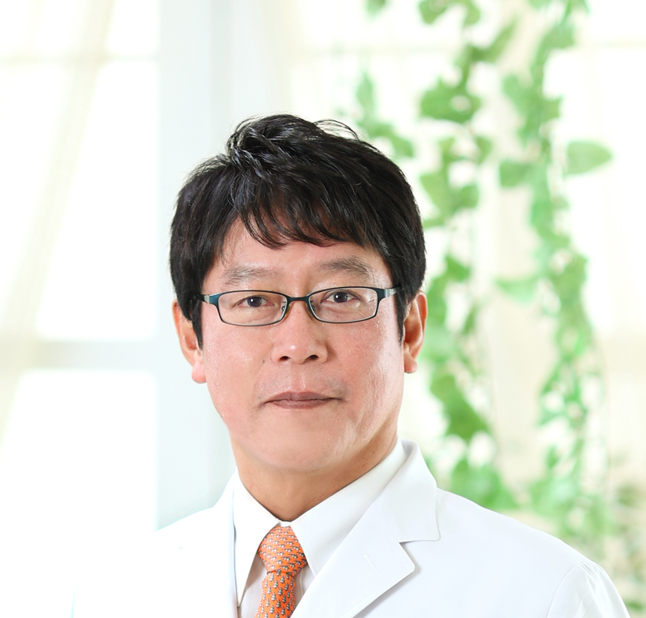Fusing medicine and AI
And applying local solutions
to global issues

Vice President for Tohoku University Hospital Management
Applying the advanced AI technologies to the latest medical issues
Provincial cities in Japan suffer from a variety of healthcare issues such as an uneven distribution of doctors, aging patients, and shrinking populations.With the declining population in Japan, similar issues will emerge in the metropolitan areas in the future. This problem is not limited to Japan. As populations around the world mature, these healthcare issues will be considered in global scale.
To confront these significant challenges, three universities – Tohoku University, Hokkaido University, and Okayama University – have collaborated to establish the ‘Clinical AI’ education center, a talent development hub aimed at cutting-edge AI research and development for solving global and local healthcare issues.Our consortium comprises the three core universities of Tohoku University, Hokkaido University, and Okayama University, nine partner universities, and more than 20 private-sector companies—some global in scale—all of which are located in regional cities. The RIKEN Center for Advanced Intelligence Project (AIP), which is in possession of the most advanced AI research and development infrastructure in Japan, has also pledged its support.
By forming Japan’s largest AI talent development consortium, we intend to open up of new fields of medicine. Our goal is to identify the many, unique medical issues faced by Japan’s provinces, and nurture human resources capable of designing AI-based solutions for them.

Opening up new frontiers for the implementation of medical AI
We are honored to be selected by the Ministry of Education, Culture, Sports, Science and Technology (MEXT) for the ‘Industry-academia Human Resource Development Project Aimed at Accelerating AI Research and Development in the Field of Healthcare’. As one of the three core universities in the consortium, Hokkaido University aims to promote talents capable of advancing AI development in this Japan’s northernmost prefecture. Aligned with our university’s philosophy of ‘Frontier Spirit’ and ‘Practical Learning,’ our goal is to utilize AI to concretely resolve healthcare issues. We plan to promote this project by creating an environment where students can receive experiential education, rooted in collaborative research between academia and industry. Our consortium aims to cultivate talents capable of actively advancing healthcare-focused AI research, and in doing so, develop AI technologies that will become global standards.

Dentistry and Pharmaceutical Studies,
Okayama University
“Global x Local”: Clinical AI across the entirety of Japan
Populations across the world are undergoing demographic changes and, as a result, they are facing numerous, unprecedented medical challenges. The three core members of this project – Tohoku University, Hokkaido University, and Okayama University – are spread across Japan, yet they face the same medical issues. We shared our vision to develop talents capable of utilizing the latest AI technologies to directly confront and solve issues that Japan and the rest of the world will inevitably face.
In addition to the Faculty of Medicine and the Graduate School of Science, Okayama University has established “CYPHER”, a cross-departmental AI and data science research organization centered on the Faculty of Engineering; OASIS (Okayama AI and Secure IoT Co-Creation Consortium), which consists of companies and university researchers who aim to conduct joint research in the fields of AI, IoT, and security-related technologies; and the Humanities and Social Sciences Research Institute. In addition, researchers from the Faculty of Humanities, companies engaged in joint research on medical AI, and cooperating universities such as Tokushima University, Kagawa University, Yamaguchi University, Tottori University and Kawasaki Medical University are participating in this project. The educational program includes a four-year doctoral course in medical AI applications and a one-year intensive course in medical AI. In addition, the university has established a consortium of universities, faculties, industry and academia to develop human resources who can implement AI in the medical field and solve medical problems.